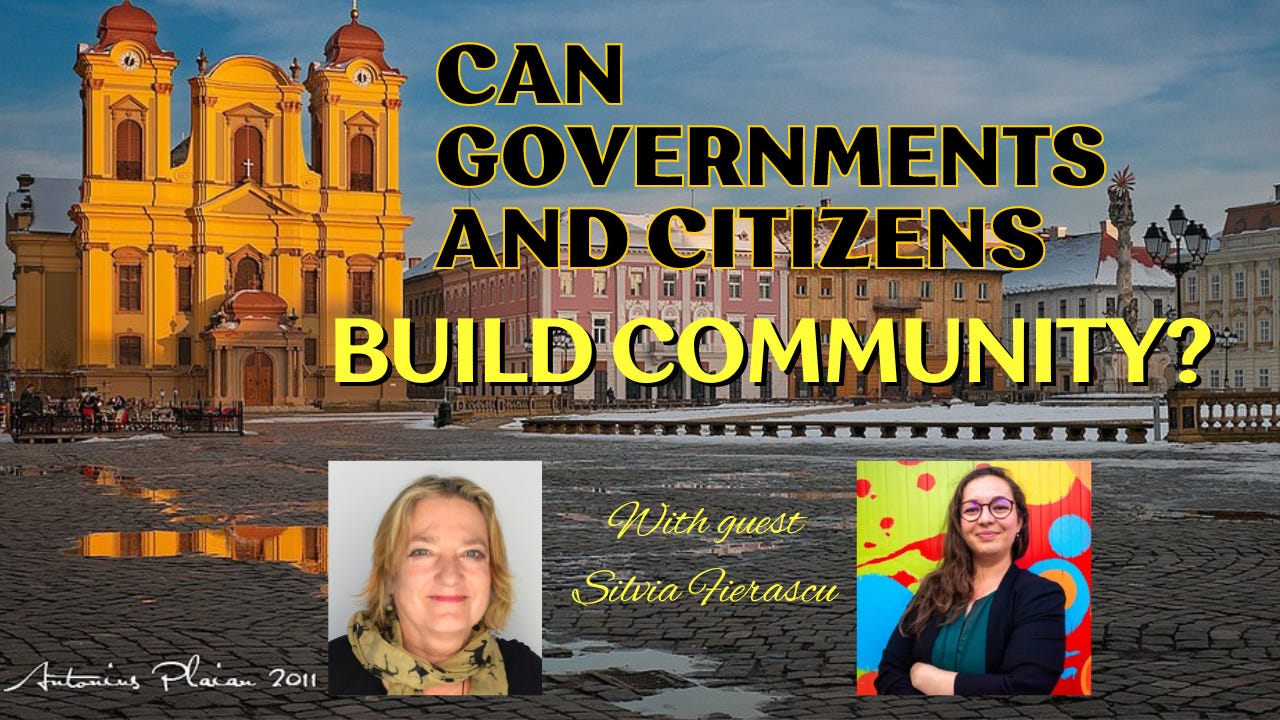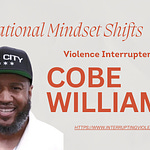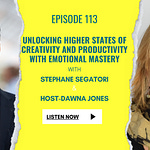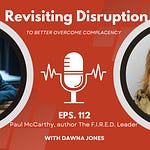Timisoara, a city in Romania, bolstered by winning a bid through the EU, took on a grand experiment.
Could partnerships and a principled approach strengthen cultural cohesion?
It so happens that a resident of the city is also fluent in network science and its principles. On a different podcast episode, Silvia shared how network science applies to dealing with corruption where removing the person, doesn’t change the system.
https://embed.acast.com/$/5a6fab1455cdce603414631c/network-science-conversation-DrSilviaFieracu?
In this instance, working with organizations in a city with a population of 300,000, presented a different opportunity. How to galvanize cohesion among cultural organizations that would normally compete for resources?
Can cooperation be better than competition when it comes to growth?
Competition is often assumed to be the fuel that fires performance yet it also works to divide when not combined with a common focus. In Timisoara, the focus was on redirecting competition for resources to cooperation and collaboration. The conversations meant people who didn’t agree with one another needed to be able to hear opposing views. The lessons learned here can scale to how mid to large companies adapt their approach to removing siloes, having difficult conversations with eyes on an inspiring goal.
Using principle-guided decisions and interactions
In the many consultations I have facilitated around national policy and local and regional implications, the one thing that blocks people from working together is a failure to remain open to different views and perspectives. The prevailing consciousness of What is in it for me tends to funnel all that is said through one lens.
ChatGPT has summarized a few of the takeaways from the first segment of this episode. To hear more listen to the full episode.
Takeaway Bullet Points (1st segment) [ChatGPT]
Role and Evaluation: Silvia’a role was to evaluate the European Capital of Culture title in Timișoara, involving various types of analyses and consultations to formulate a legacy plan for the city's cultural ecosystem.
Legacy and Strategy: The insights gathered are integrated with Timișoara's cultural strategy for the next 10 years, aiming to leverage a one-year intervention for long-term community and cultural development.
Cultural Impact: The focus is on prioritizing cultural development as a driver for economic growth, improving quality of life, and integrating education to cultivate future cultural consumers and producers.
Institutional Support: The Center for Projects, an institution under the mayor’s office, leads the program implementation and acts as a think tank, providing policy and financial support for the cultural sector.
Principles vs. Beliefs: Principles, unlike beliefs, can be tested and are used to anchor actions and guide change, fostering collaboration and sustainability within the cultural ecosystem.
Recognition and Respect: The follow-up plan emphasizes recognizing and respecting the contributions of individuals and organizations, planning together to give meaning and purpose to their efforts.
Network Analysis: The methodology identifies key actors with significant influence over the ecosystem, fostering trust and collaboration for broader impact.
Reflection for Growth: A key recommendation is for 2024 to be a year of reflection to learn from experiences, ensuring continuous improvement and sustainability of the cultural initiatives.
Innovative Financing: Changes in cultural financing legislation made funding more sustainable and transparent, promoting collaboration and accessibility for vulnerable communities.
Public Debate and Inclusion: Public debates around art and inclusive cultural events were new and significant interventions that fostered community engagement and collaboration among cultural operators.
I am a big fan of network science though data analysis is not my strength. However, I know people who can do the detailed analytical work making it easier for me, or someone like me, to find the insights and connect them to decision-making and next steps. The relevance to the issues we are working with in mid to large companies is that there is a set of principles and know-how that applies to multiple contexts.
Would it be easier to facilitate change in a city than in a company, where authoritative power fears collective intelligence?
At a time when an individual’s emotional and mental health is informed or influenced by the health of the people around them, building community across fragmentation and division is an experience worth creating.













Share this post